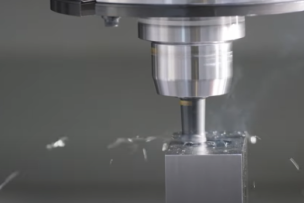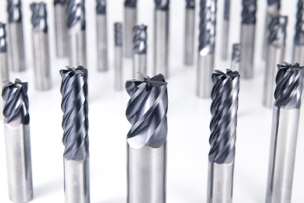One area of high investment that can quickly add up is aircraft maintenance tools. Tight spaces and stringent specifications demand specialized tools that reach into constricted areas, clearly meet torque requirements, and contain an aerospace-compliant plating that helps prevent corrosion and potential FOD.
Traditionally utilized aerospace-grade mechanical torque wrenches are a staple in any aviation maintenance toolbox. Yet there are times when an extra level of precision can make all the difference between a quick turn and a long, costly maintenance delay. A micrometer torque wrench with a high-tooth-count ratcheting head and slim pear design can allow mechanics to access tough-to-reach fasteners. Downtime can be avoided if the user is able to achieve accessibility with a single, precise torque wrench. Those who prefer an electronic torque tool can achieve precision with the help of warning lights on the approach to target torque rather than an abrupt warning or “click” at the correct point. The increased access of high tooth count micrometer torque wrenches can help technicians get their job done faster and more efficiently, while the improved feedback of electronic torque wrenches can help reduce the risk of a costly over-torque, saving time and money.
Torque tools, whether electronic or mechanical, also require check and calibration steps to ensure compliance. In many cases, the tools must be shipped to their manufacturers’ facilities for calibration, requiring maintenance organizations to absorb shipping costs, calibration fees, and up to a week of downtime or the cost of additional backup tools.
For a maintenance shop or tool crib with a large number of wrenches on site relying on outside calibration services, for example, an average of 100 wrenches a week would spend up to a week out of service for their annual calibration. To maintain maintenance schedules, the shop would need to procure, maintain and calibrate an additional 100 wrenches to make up for those out for calibration.
The cost-effective solution to these concerns lies in advancements in torque tools, testing and calibration.
To continue reading this White Paper and learn how Proto's new advanced line of electronic torque wrenches can help increase precision and safety by providing users with live feedback alerts, click here.
Previously Featured on Proto's website.
Browse a variety of Proto's tools specially engineered for heavy-duty industrial and maintenance applications on MSCDirect.com.




Talk to Us!
Leave a reply
Your email address will not be published. Required fields are marked *